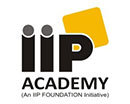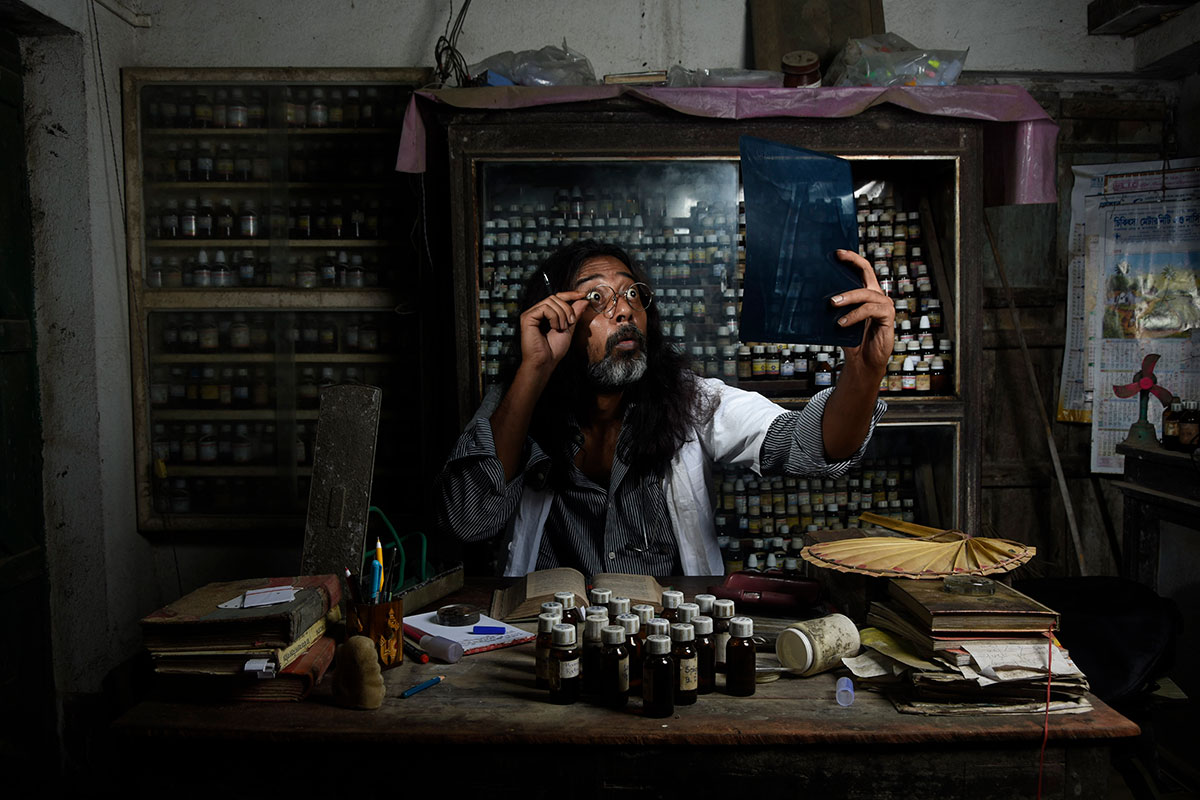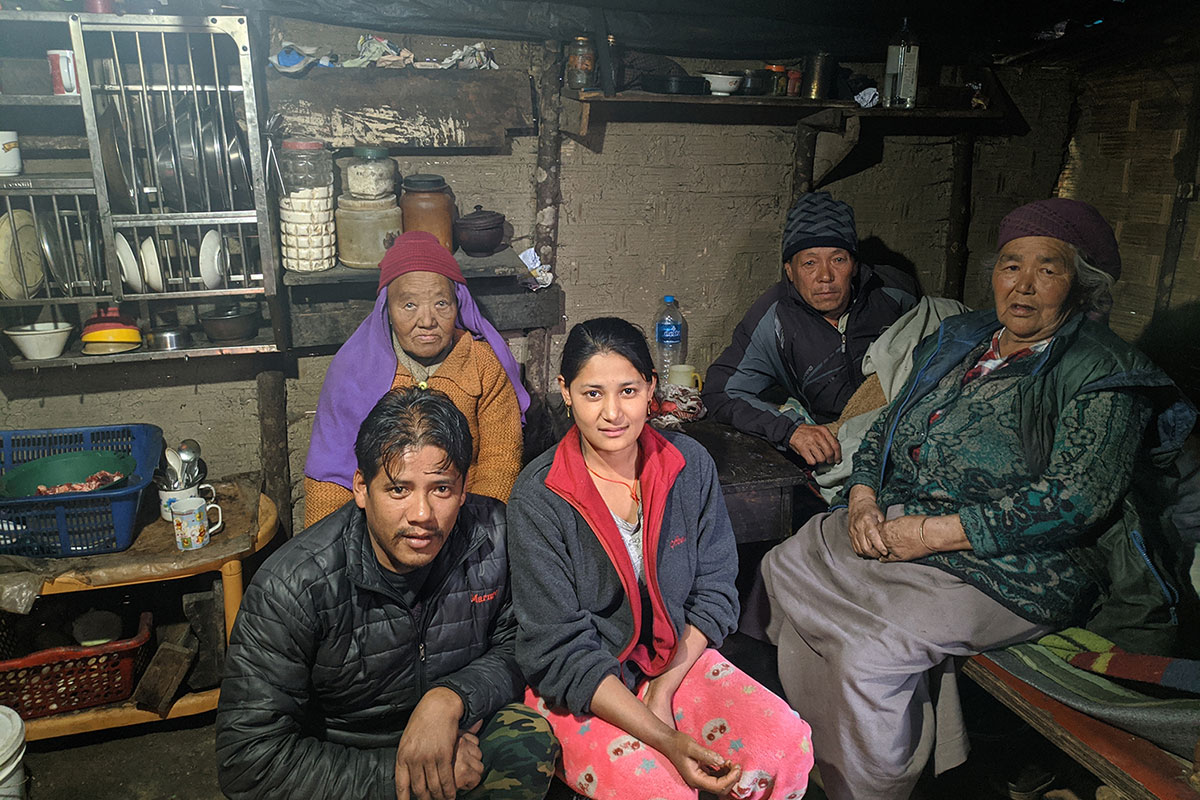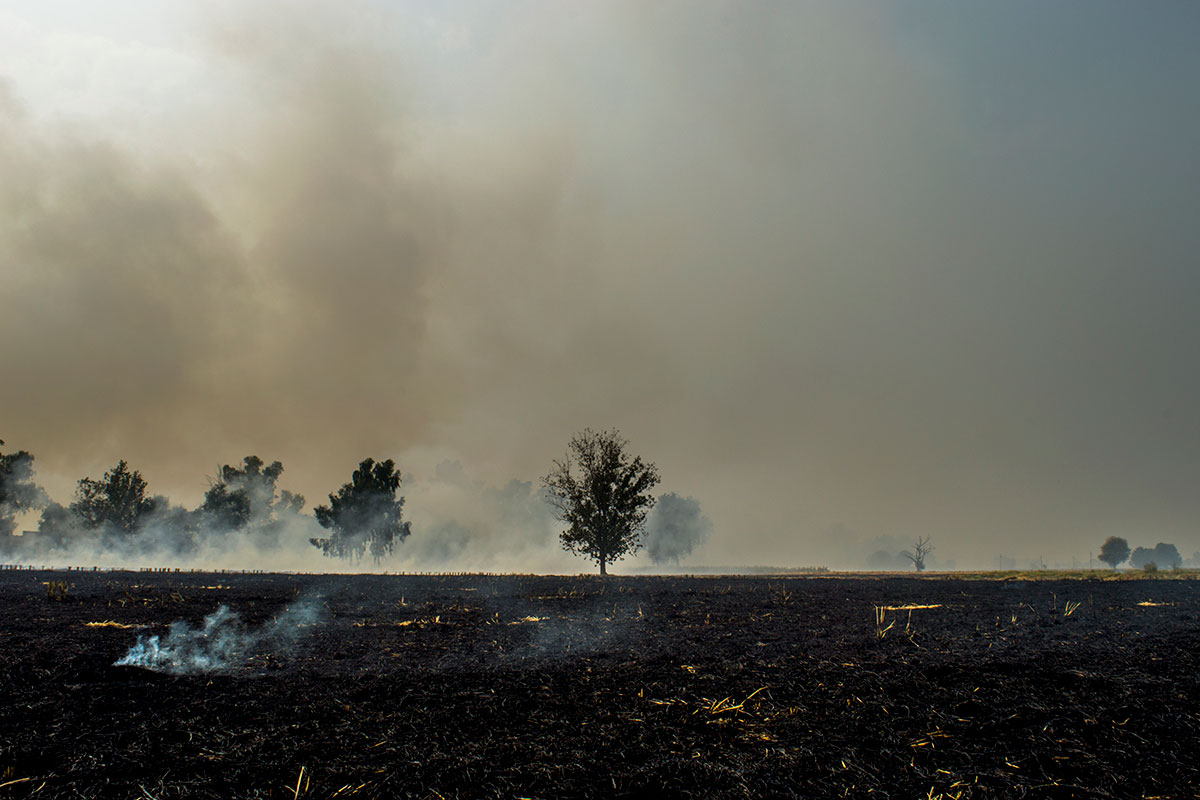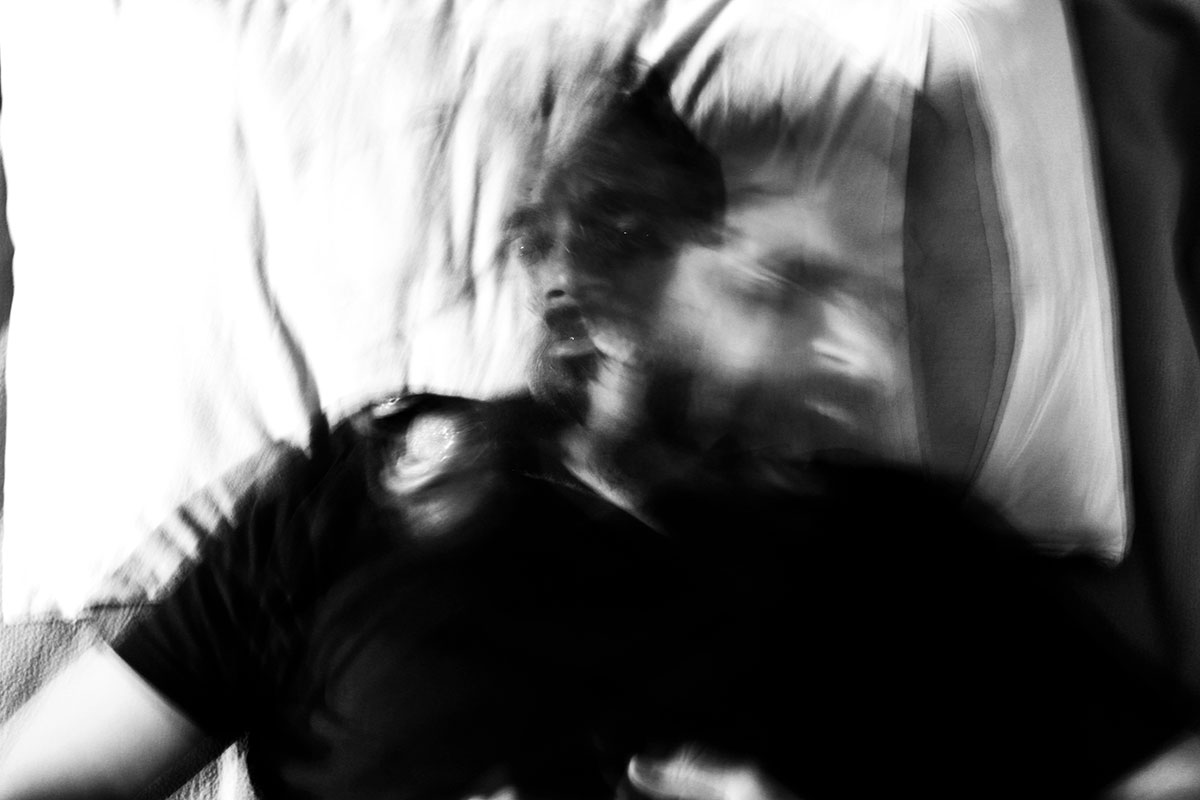Bachelor in Journalism & Mass Communication
COURSE OVERVIEW
B.A. MCAJ is three years program, that creates a vivacious space for newcomers to the field to develop as the storytellers of society. As time and technology are not static and our internet era has brought on the challenges of engaging audiences. So, our newsmaking style is changing.
Storytellers are anticipated to create appealing and trustworthy content for all kinds of platforms in multimedia formats. IIP equips its students with field-based practice, research orientation, editorial – opinion making to documentarian storytelling. It will allow students through work across media disciplines to prepare their dynamic and media landscape thought processes. Our students have a wide range of career options in the creative industries, such as content production across film, video, interactive, emerging, and online media.
This course delivers interdisciplinary skills in a range of media practices including Radio (programs,announcements, news); Print media (editorial, feature, interview, data journalism, review writing) News package; Development communication; Digital journalism; Print advertising (research,marketing, design, logo, body of work); Mass communication & society (theoretical, critical and research-based); Visual ethnography; Documentary; Photography; and Research in mass communication. Our unique course combines traditional art school approaches to creative practice- based liberal thought of choices during the learning period and project making, where students develop skills in critical thinking, new choices of expressionism, innovation in decision-making, and contextual awareness with industry–level – professionalism. This approach will enable you to develop engaging practical projects and to participate in contemporary cultural debates through your awareness of the political, social, cultural, economic, environmental, and international context including the aesthetic implication of your work.
The core concern of this course is to give you the skills to work outside and inside of media boundaries and as frontiers of emerging new trends in your body of work (Projects). These academic tasks, classroom discussion, deep constructive review of your work, and freedom of expression towards idea – generation, will provide a breadth and depth of media production skills together with transferrable skills in project management and collaborative practice. Combing, these will give you the ability to adapt to the creative opportunities of new media forms and hybrids.
The Curriculum
1 st Semester
- Historical Philosophy of Communication and Media (20 Classes)
- Introduction to Media Studies and Visual Culture (25 Classes)
- Print Advertising (15 Classes)
- News Packaging (20 Classes)
2 nd Semester
- Contemporary Art & Visual Communication (30 Classes)
- Critical Understanding of Communication and Mass Communication (20 Classes)
- Development Journalism (25 Classes)
- Photography Studies – 1 (30 Classes)
- Visual Storytelling (30 Classes)
- Radio (20 Classes)
3rd Semester
- Editing & Deconstruction (15 Classes)
- Gender, Media & Society (15 Classes)
- Visual Ethnography & Storytelling (20 Classes)
- Video Journalism (15 Classes)
4th Semester
- Photography Studies – 2 (20 Classes)
- Research in Mass Communication (15 Classes)
- Documentary (20 Classes)
5th Semester
- Dissertation – 1 (One to One discussion with Mentor)
- Major Projects (One to One discussion with Mentor)
6th Semester
- Dissertation – 2 (One to One discussion with Mentor)
- Major Projects (One to One discussion with Mentor)
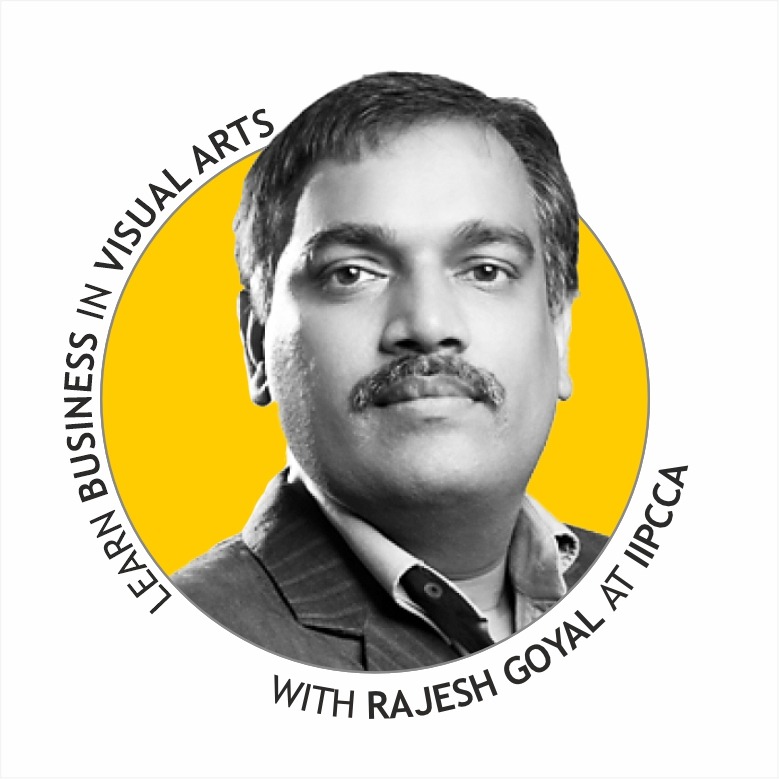
“Life is a lot more enriched with myriad experiences but my passion for photography has rewarded me with a new perspective to look at the life around me. It is my mission to impart this knowledge to the upcoming ardent photographers; aiding them to look at life with a bold, new perspective.”
